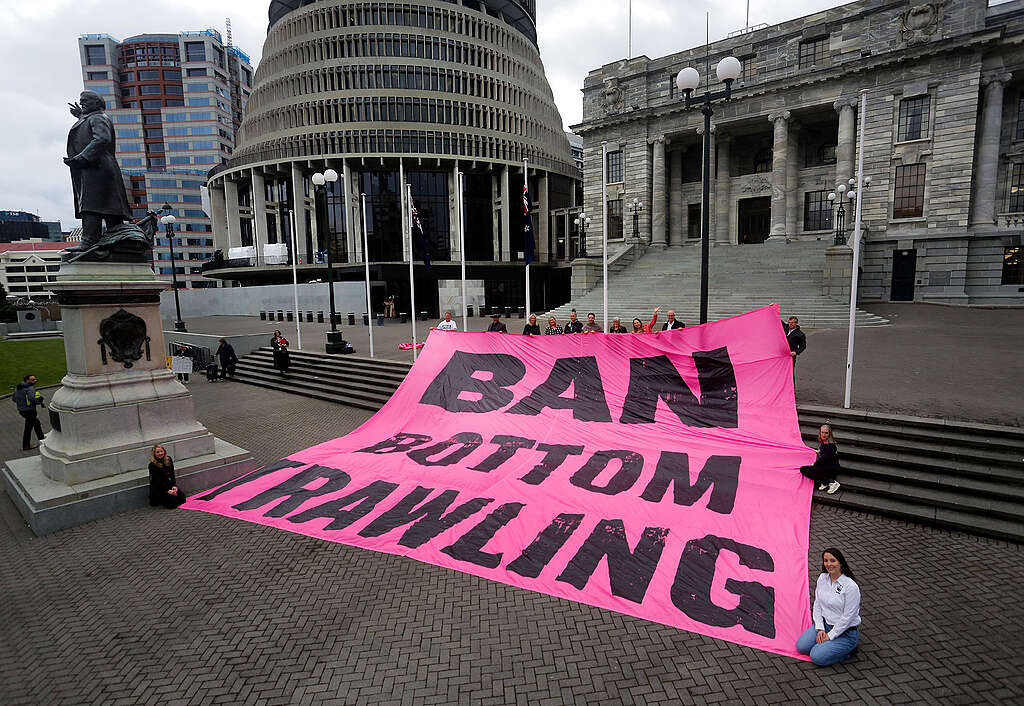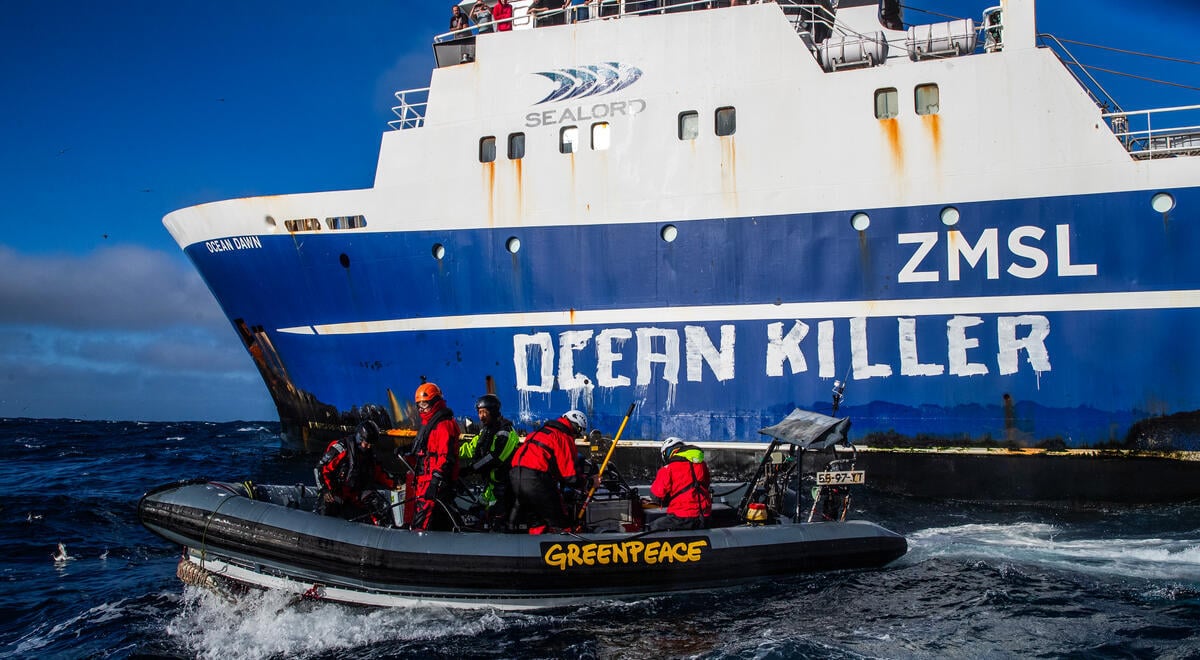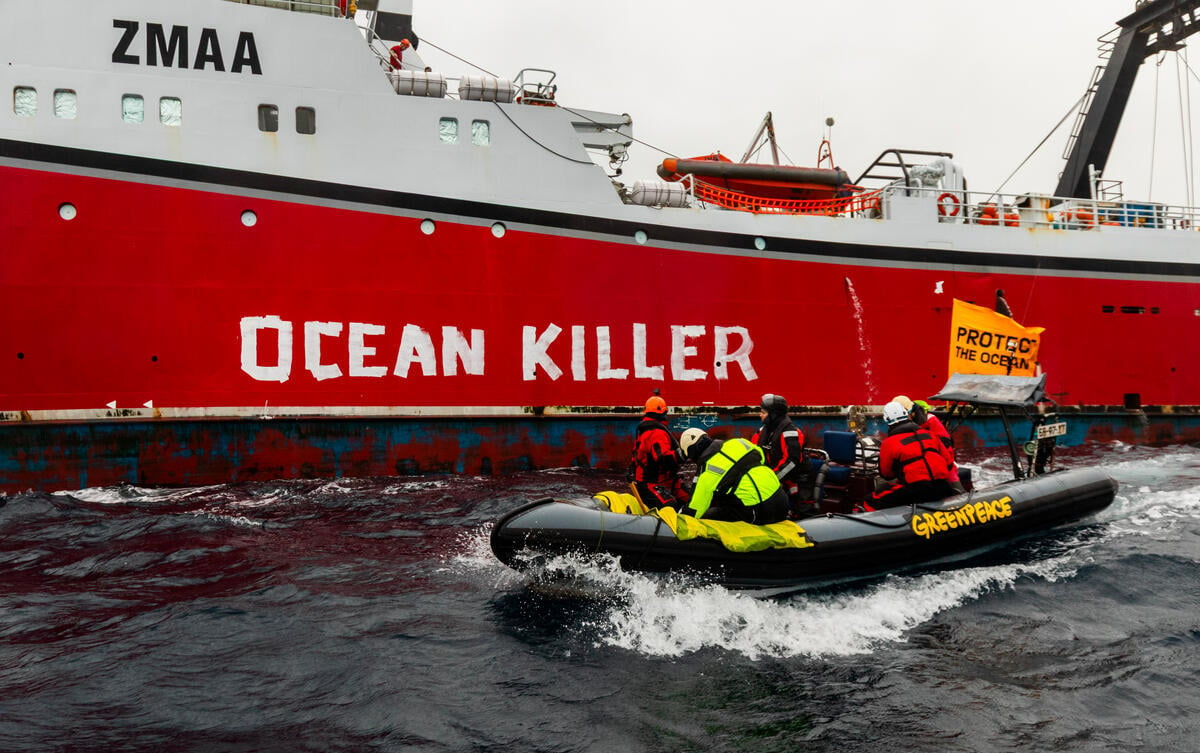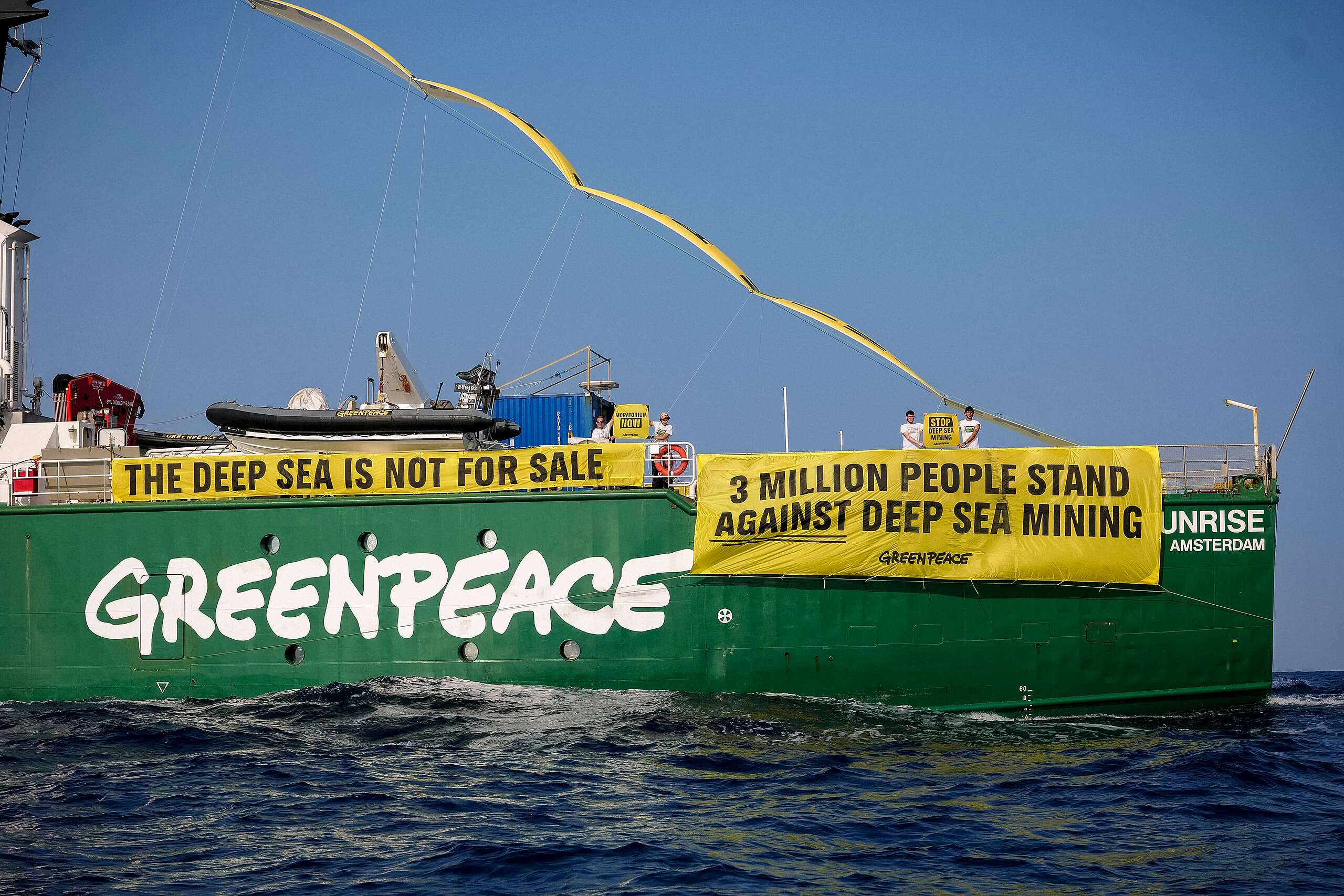Today, a diverse range of recreational fishing, environmental, law, corporate and business organisations united as the Hauraki Gulf Alliance will deliver a petition calling for bottom trawling, scallop dredging, and Danish seining to be banned from within the Hauraki Gulf Marine Park.
The petition of 36,589 signatures will be presented to MPs outside Parliament on Thursday 22 June 2023 at 1pm.
The Alliance of organisations have banded together to object to the ongoing destruction of the Hauraki Gulf Marine Park and call on decision makers to act.
“After a century of bottom trawling in the Hauraki Gulf it’s time to stop the destruction. It’s a marine park after all, set aside to provide for the wellbeing of everybody surrounding the Gulf. And we have to think about the interests of future generations. We must treat our marine environment with more respect if we want to be catching fish in another hundred years,” says Ian Steele, New Zealand Sport Fishing Council’s President.
“We know New Zealanders oppose the destruction of precious habitats by industrial fishing methods,” says Bianca Ranson, Forest & Bird’s Hauraki Gulf Coordinator. “We wouldn’t bulldoze native forest to harvest a few mushrooms. So time’s up for dragging weighted nets across the seafloor. We must do better to protect our marine environment that sustains our fish, whales, dolphins and seabirds. We cannot leave their habitats barren.”

The Alliance petition states the Minister for Oceans and Fisheries must ban bottom trawling, scallop dredging and Danish seining from the Hauraki Gulf Marine Park.
“We’re hopeful Rachel Brooking, the Minister, does the right thing given that so many New Zealanders don’t want ongoing seafloor damage and bulk harvesting. The Alliance and petitioners are committed to ensuring our children have a more productive and beautiful Gulf than we do now”, says Hauraki Gulf Alliance coordinator, Benn Winlove.
The urgency of this petition is heightened as Minister Rachel Brooking deliberates on whether to permit bottom trawling and other ecologically harmful fishing practices within the Hauraki Gulf Marine Park. Despite mass public opposition, these practices are set to continue as part of Fisheries New Zealand’s proposed Hauraki Gulf Fisheries Plan.
Greenpeace Oceans Campaigner Ellie Hooper says: “It’s time for the Government to get real about what it’s going to take to revive the Hauraki Gulf. It’s not going to be band-aid solutions, or avoiding the big issues. This place has been decimated by a century of destructive fishing and if the Government is serious about reviving it – they’ve simply got to ban bottom contact fishing.”.
The Hauraki Gulf Fisheries Plan is unfairly skewed toward allowing bottom trawling, seining and dredging to continue in the Marine Park. Recreational dredging for scallops has been banned yet commercial dredging can continue when the fishery reopens.
“Bottom trawling is an incredibly destructive industrial fishing method. Large, weighted nets and doors scrape across the seafloor to scoop up anything in its path, leaving damaged, scarce habitats unable to support abundant life. We need to give these habitats a chance to recover. The commercial fishing sector needs to be investing in innovation that avoids these devastating impacts and prioritises a more productive and healthy Marine Park”, says Carolyn Aguilar, WWF-New Zealand’s Oceans Project Lead.
The Hauraki Gulf Alliance represents the voices of concerned New Zealanders who no longer support the destructive industrial fishing methods that devastate precious marine habitats. Together, they demand urgent action to protect the Gulf’s biodiversity and safeguard the future of its marine species.
Members of Parliament, Chloe Swarbrick and Eugenie Sage, have been designated to receive the petition on behalf of the core groups of the Hauraki Gulf Alliance. These groups include the Royal Forest & Bird Protection Society (Forest & Bird), Greenpeace Aotearoa, WWF – New Zealand, the Environment and Conservation Organisations of New Zealand (ECO), the New Zealand Sports Fishing Council (NZSFC), LegaSea, the New Zealand Underwater Association, and the New Zealand Angling & Casting Association. Numerous other businesses and organisations have joined in solidarity to support the petition’s objectives.
Decades of overfishing and poor land management causing sedimentation and benthic damage have worsened the state of the Gulf. The Alliance implores the Minister and Fisheries New Zealand to embrace a new approach that nurtures a thriving ecosystem and acknowledges the urgent need for change.
“Thirty years ago there was a thriving scallop fishery supporting commercial, Māori customary and recreational fishers. After decades of dredging there are so few scallops left the whole northeast coast has been closed to bulk harvesting. Lots of businesses have suffered due to the closure. We must learn from history so we don’t make the same mistakes. Let’s stop destroying the very environment that our fish depend on to survive,” says Sam Woolford, LegaSea Project Lead.



